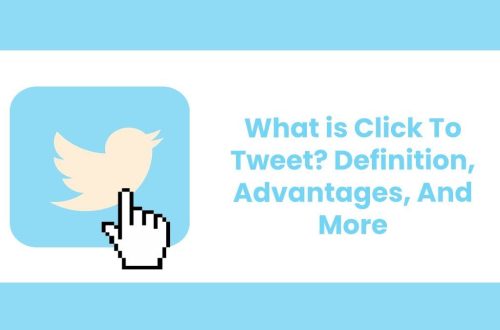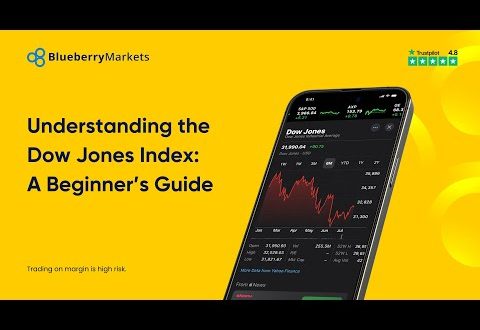So, you’re a Mac user, huh? You probably value privacy and security. That’s smart! But are you really protected when you’re browsing online? A VPN, or Virtual Private Network, can be a powerful tool, but it’s not a magic bullet. Let’s dive into ten crucial facts about Mac VPNs that every Apple aficionado should know before clicking that “connect” button.
Fact 1: Not All Mac VPNs Are Created Equal
Think of VPNs like coffee shops. Some are cozy and reliable, others are… well, let’s just say you wouldn’t want to leave your laptop unattended. The same goes for VPNs. Some are lightning-fast, secure, and respect your privacy. Others? Not so much. Choosing the right one is crucial.
Fact 2: Free Mac VPNs Often Come at a Price
Who doesn’t love free stuff? But when it comes to VPNs, “free” can be a red flag. Free VPNs often make money by:
- Selling your browsing data.
- Bombarding you with ads.
- Having slower speeds and limited bandwidth.
- Potentially even installing malware.
Is saving a few bucks worth compromising your privacy and security? Probably not.
Fact 3: Mac VPNs Can Slow Down Your Internet Speed
This is a bummer, but it’s true. VPNs encrypt your data and route it through a server, which inevitably adds some overhead. However, a good VPN will minimize the impact on your speed. Look for VPNs with fast servers and optimized protocols.
Fact 4: Mac VPNs Don’t Guarantee Anonymity
VPNs hide your IP address, making it harder to track your online activity. But they don’t make you completely anonymous. Websites can still use cookies, browser fingerprinting, and other techniques to identify you. For true anonymity, you’d need to use a combination of tools, including Tor.
Tip: Regularly clear your browser’s cookies and cache to minimize tracking.
Fact 5: The Mac VPN’s Location Matters
Where your VPN server is located can affect your internet speed and access to content. For example, if you’re in the US and connect to a server in the UK, you might be able to access BBC iPlayer. However, the further away the server, the slower your connection might be.
Fact 6: Understand Mac VPN Protocols
VPN protocols are the “languages” your VPN uses to encrypt and transmit your data. Some protocols are faster, while others are more secure. Common protocols include:
- OpenVPN: Considered the gold standard for security and reliability.
- IKEv2/IPsec: Fast and secure, often used on mobile devices.
- WireGuard: A newer protocol that’s gaining popularity for its speed and security.
Do a little research to see which protocol best suits your needs.
Fact 7: Mac VPNs Can Bypass Geo-Restrictions
Want to watch Netflix shows that aren’t available in your country? A VPN can help! By connecting to a server in a different country, you can trick websites into thinking you’re located there. Just be aware that some streaming services are cracking down on VPN usage.
Fact 8: Check the Mac VPN’s Logging Policy
This is super important. A VPN’s logging policy dictates what data it collects about your online activity. Ideally, you want a VPN with a strict “no-logs” policy, meaning it doesn’t track your browsing history, IP address, or other sensitive information. Read the fine print!
Fact 9: Mac VPNs Aren’t Just for Your Computer
You can also use a VPN on your iPhone, iPad, and even your router. Protecting all your devices ensures that your entire online activity is encrypted and secure.
Fact 10: Test Your Mac VPN Regularly
Don’t just assume your VPN is working correctly. Periodically check your IP address to make sure it’s being hidden. You can use websites like “whatismyip.com” to verify your location.
How to Test Your Mac VPN
- Connect to your VPN.
- Visit a website like whatismyip.com.
- Verify that your IP address and location are different from your actual ones.
Frequently Asked Questions About Mac VPNs
So, there you have it – ten essential facts about Mac VPNs; Choosing and using a VPN wisely can significantly enhance your online privacy and security. Remember to do your research, choose a reputable provider, and stay informed about the latest threats. Your digital safety is worth the effort. Now go forth and browse with confidence! Don’t forget to test your VPN regularly.



